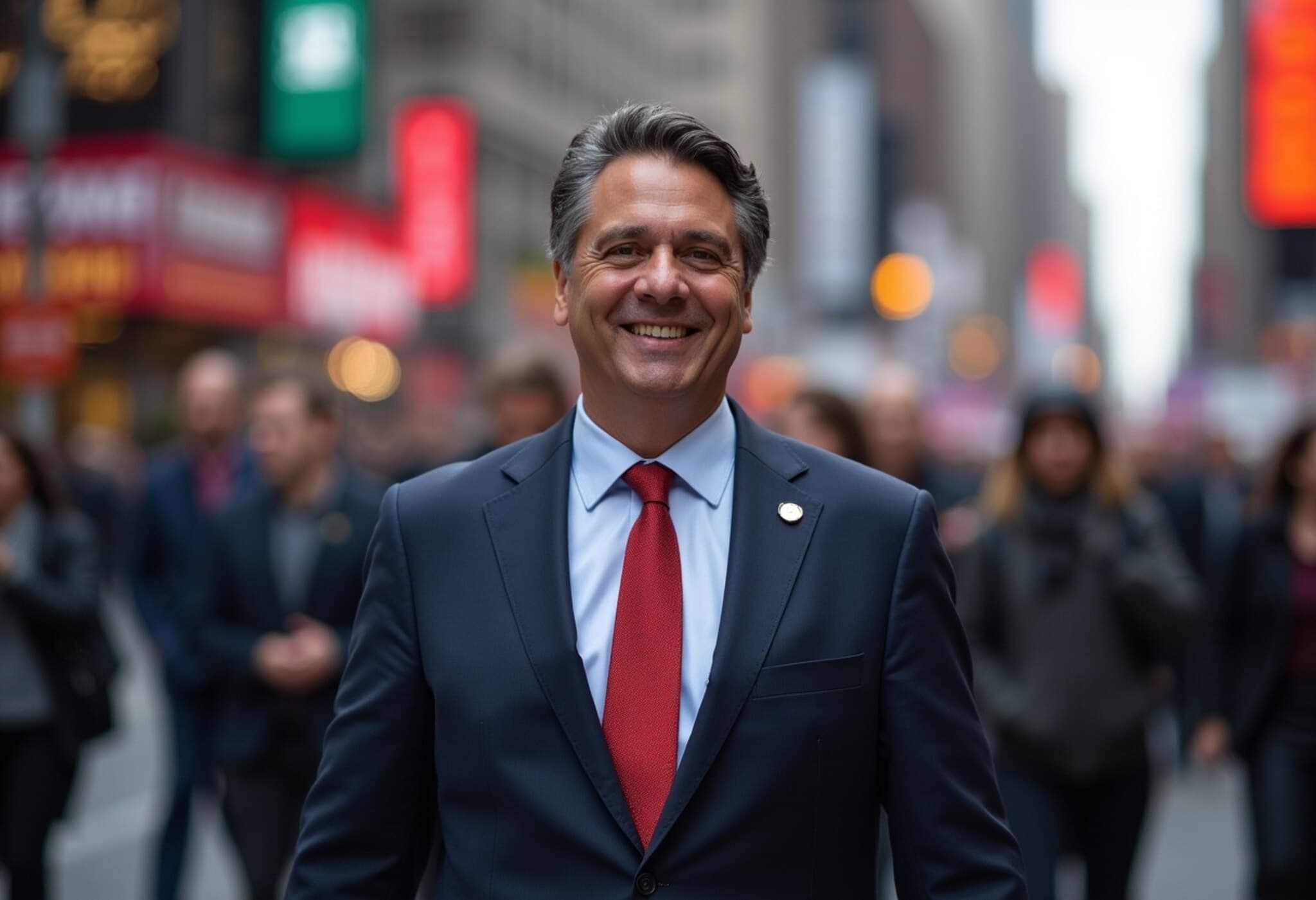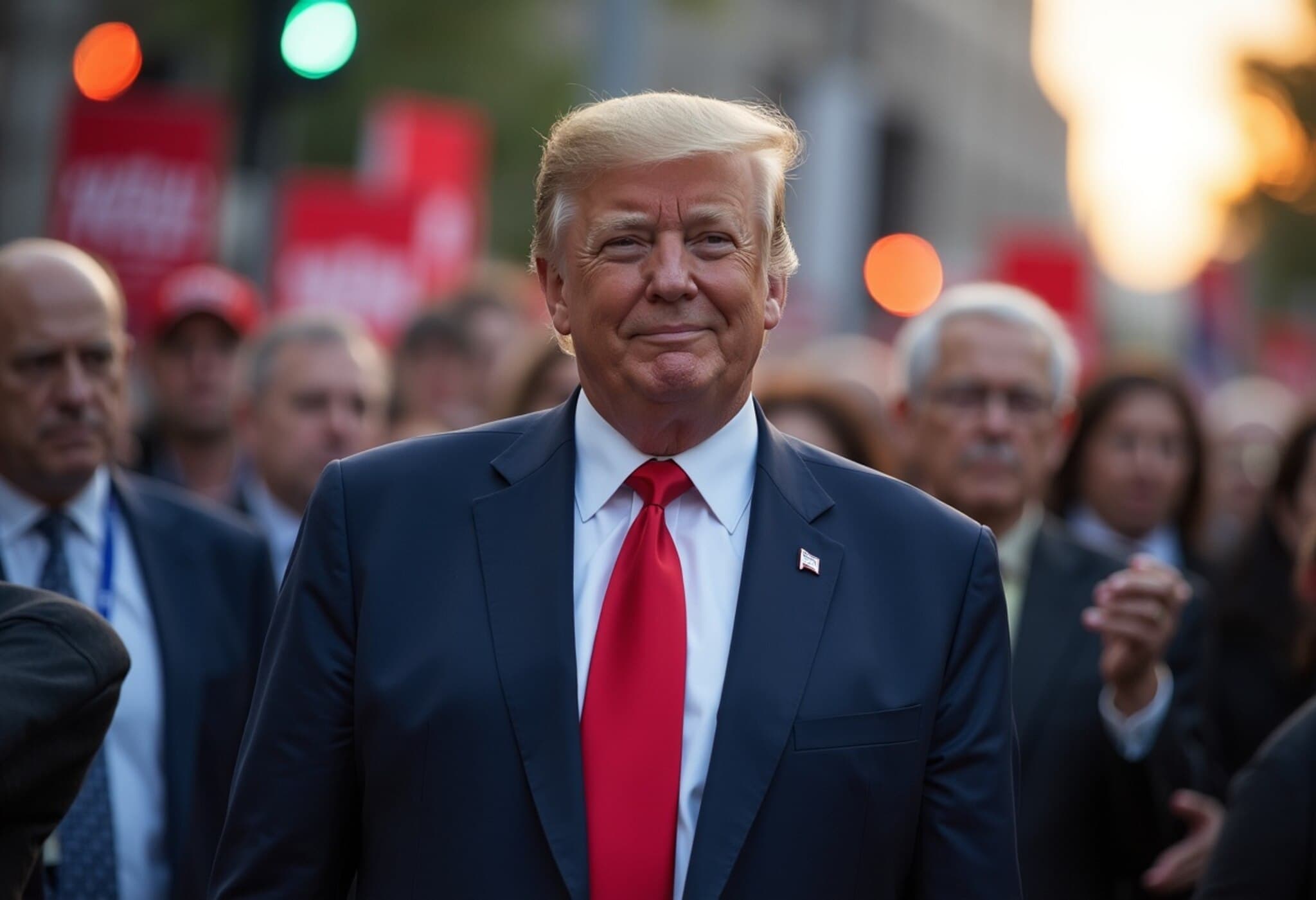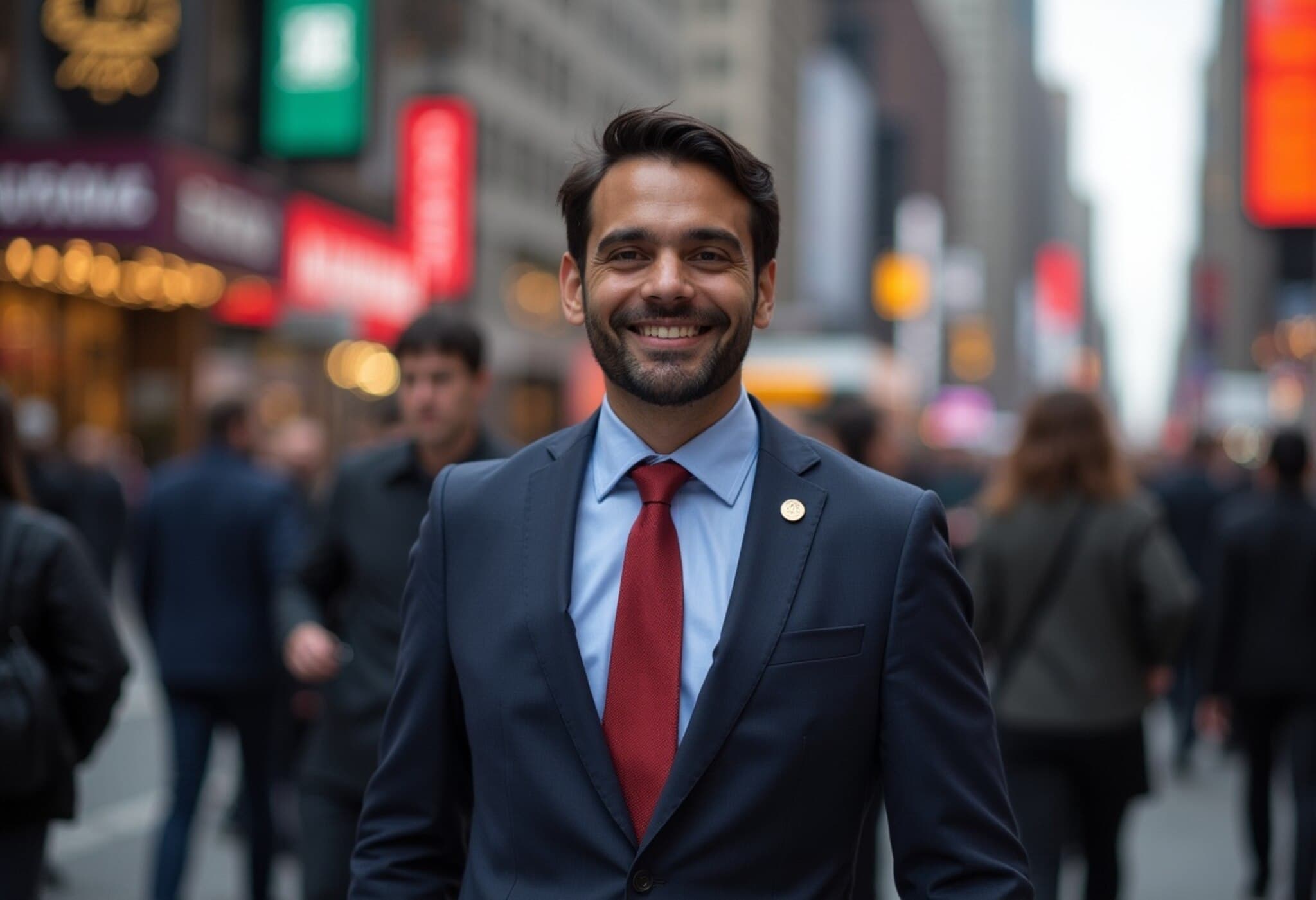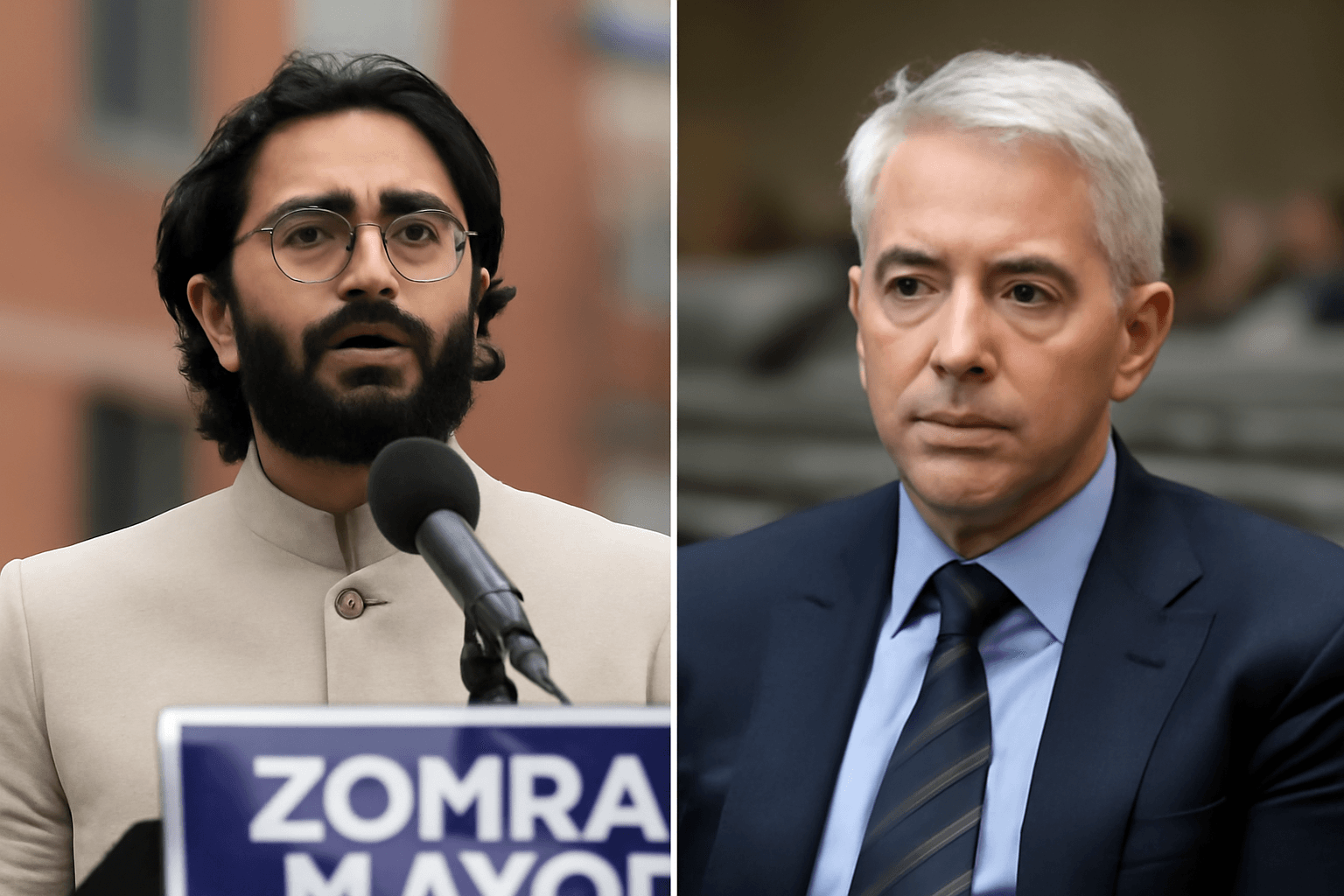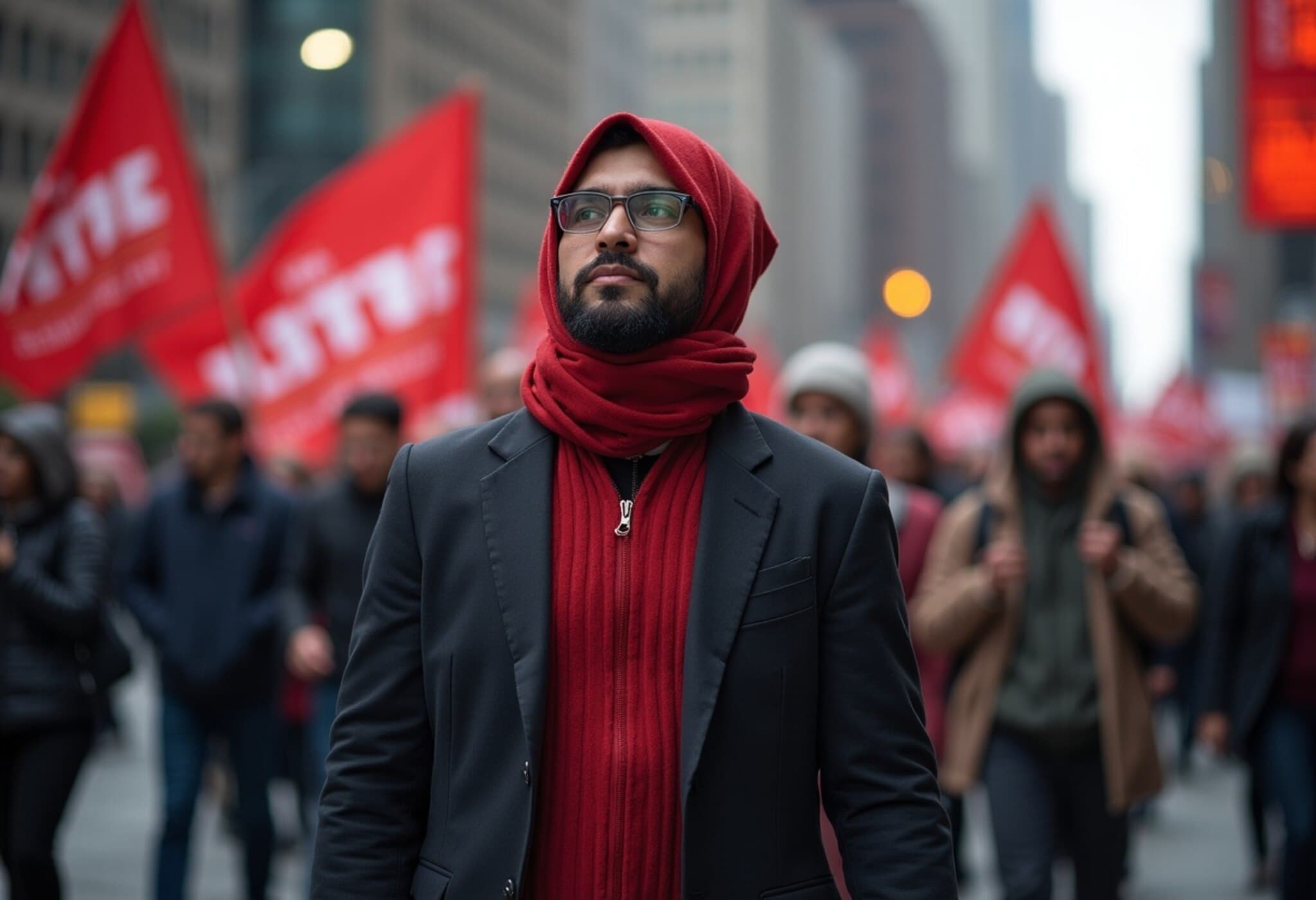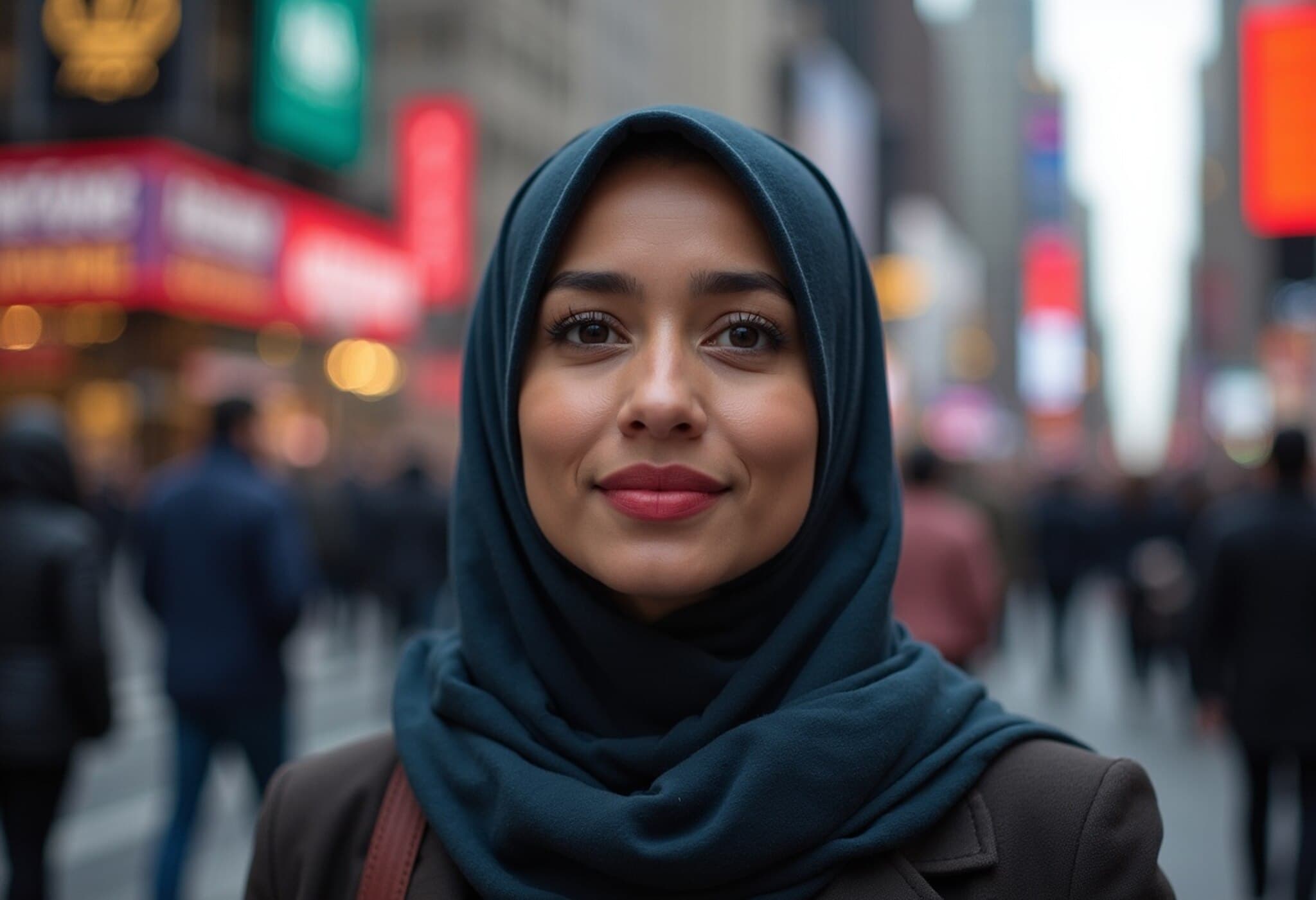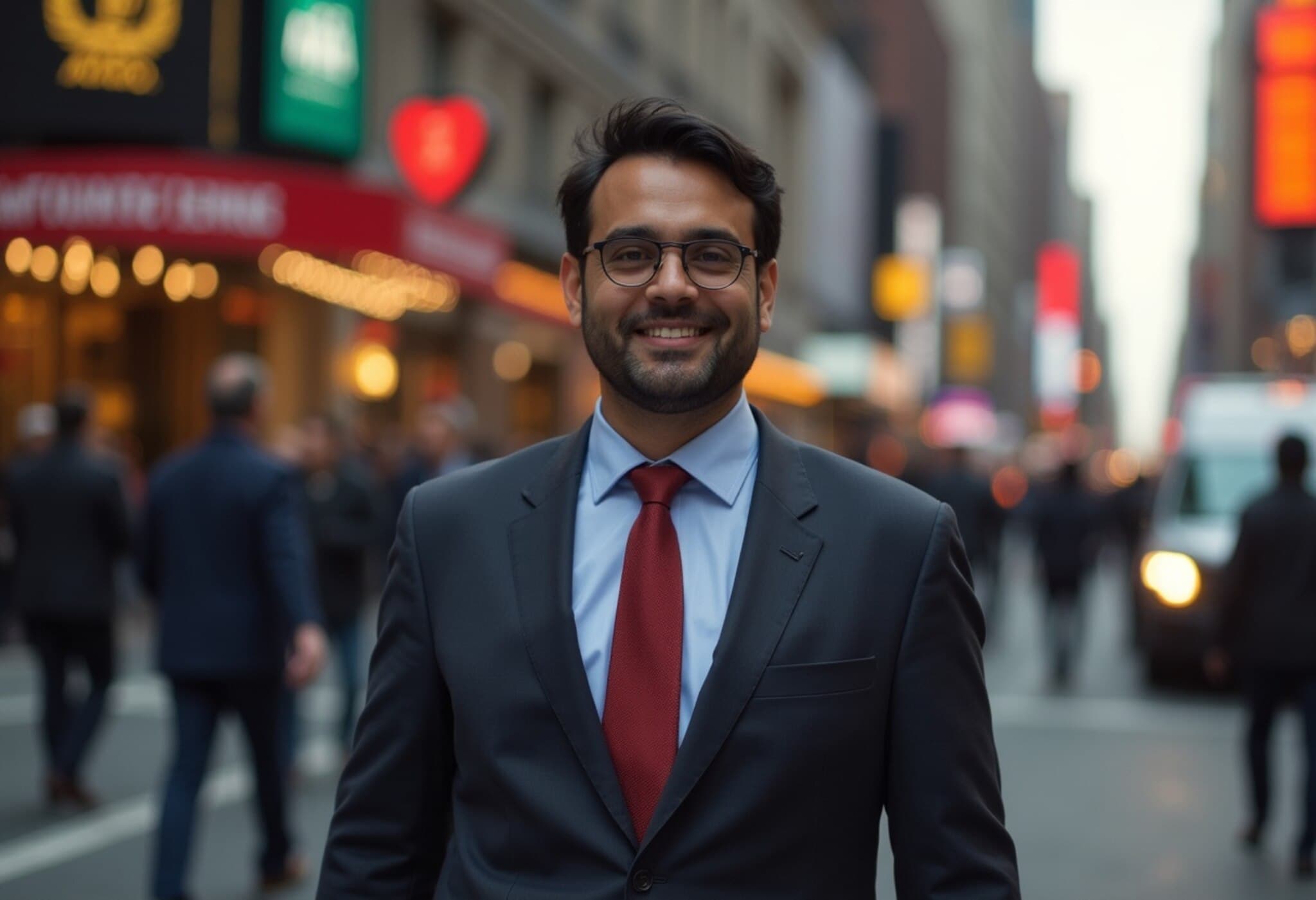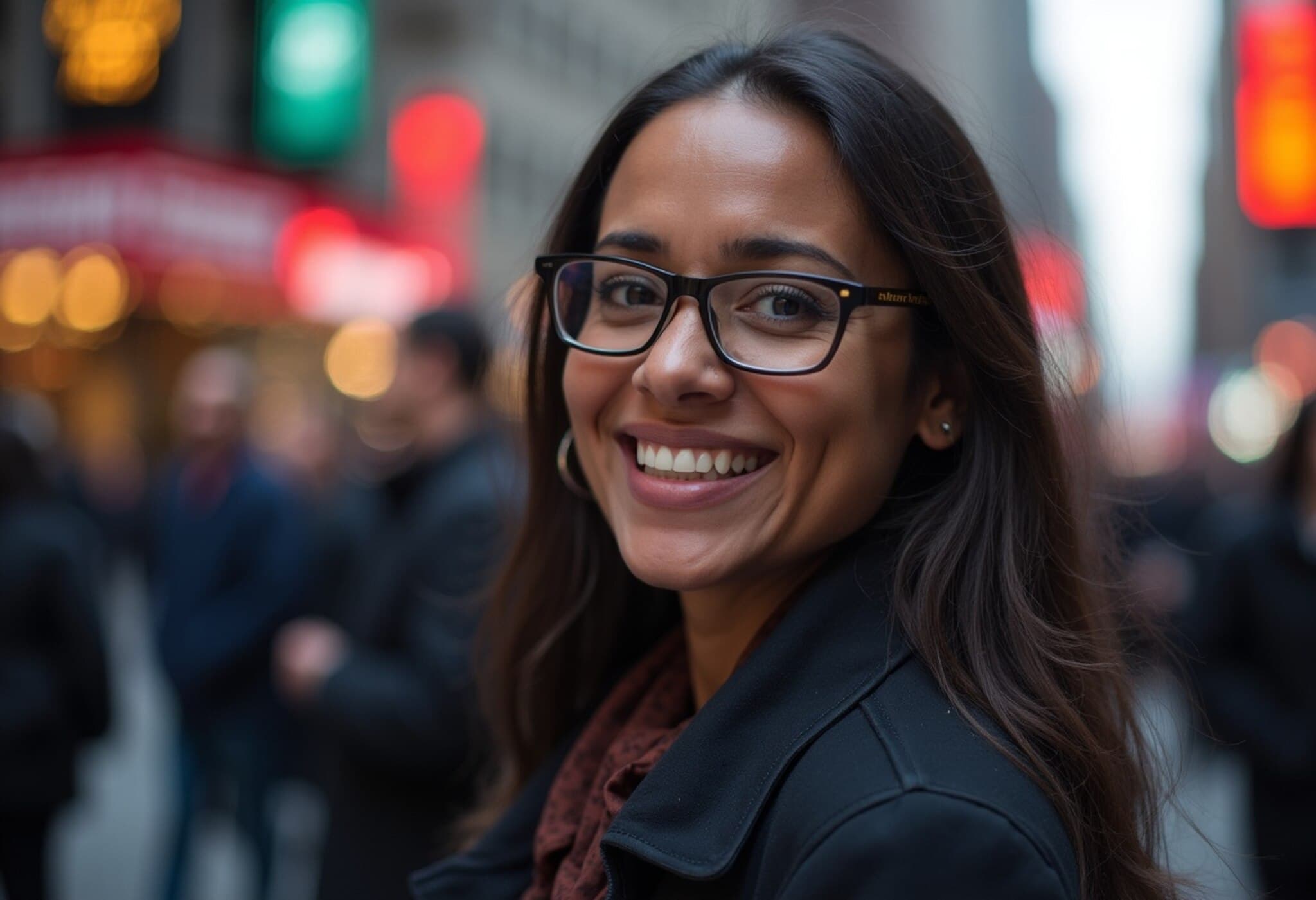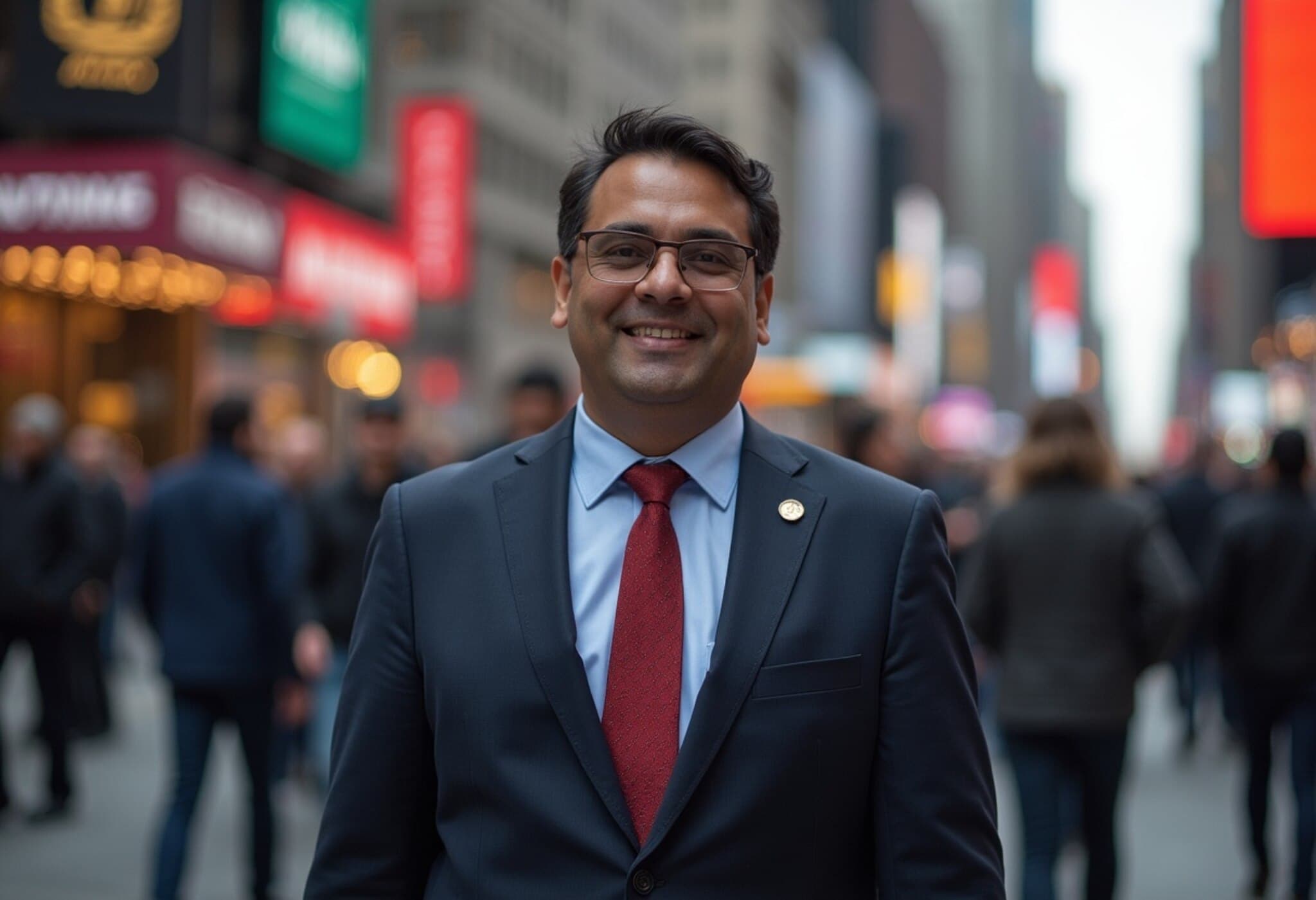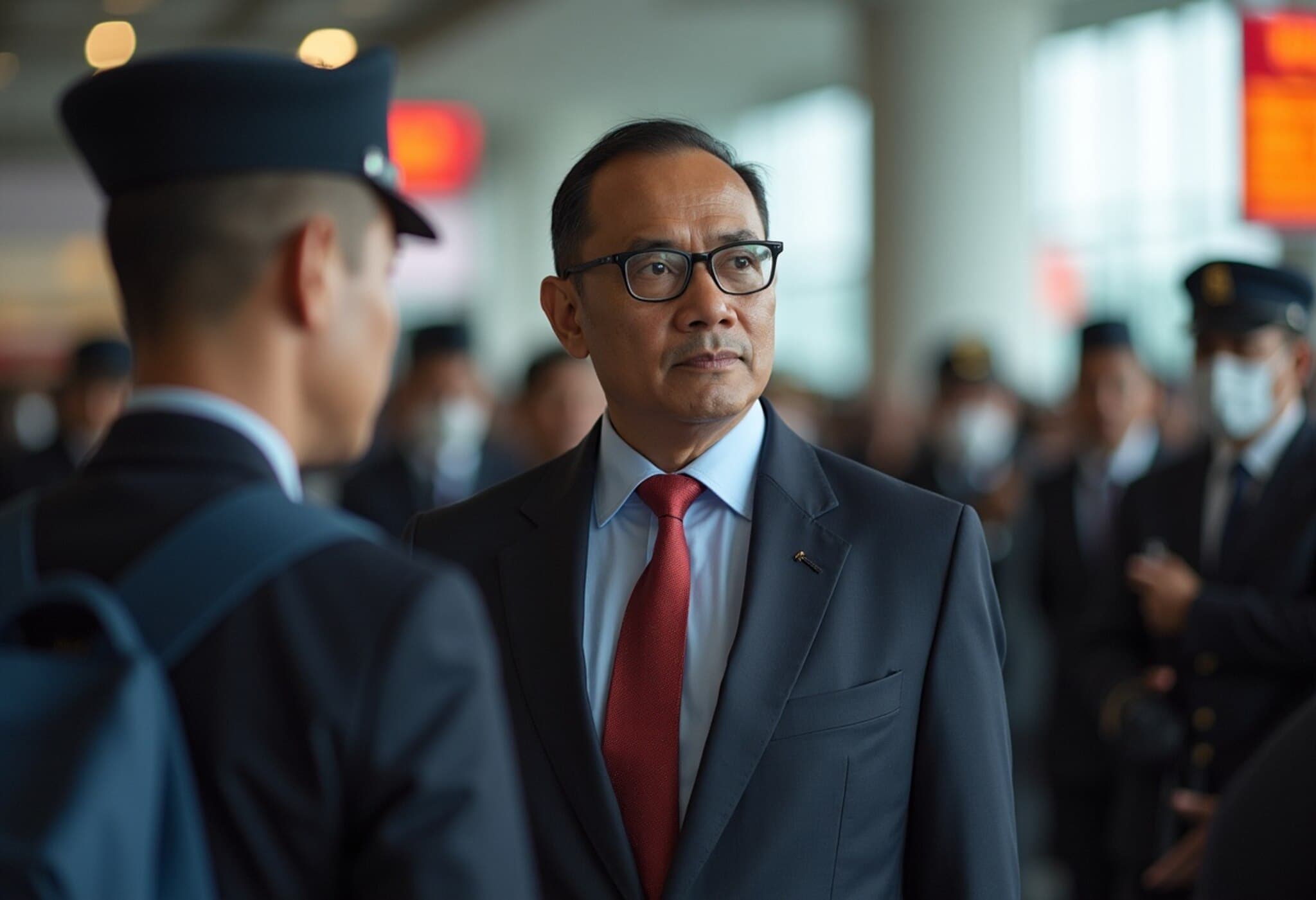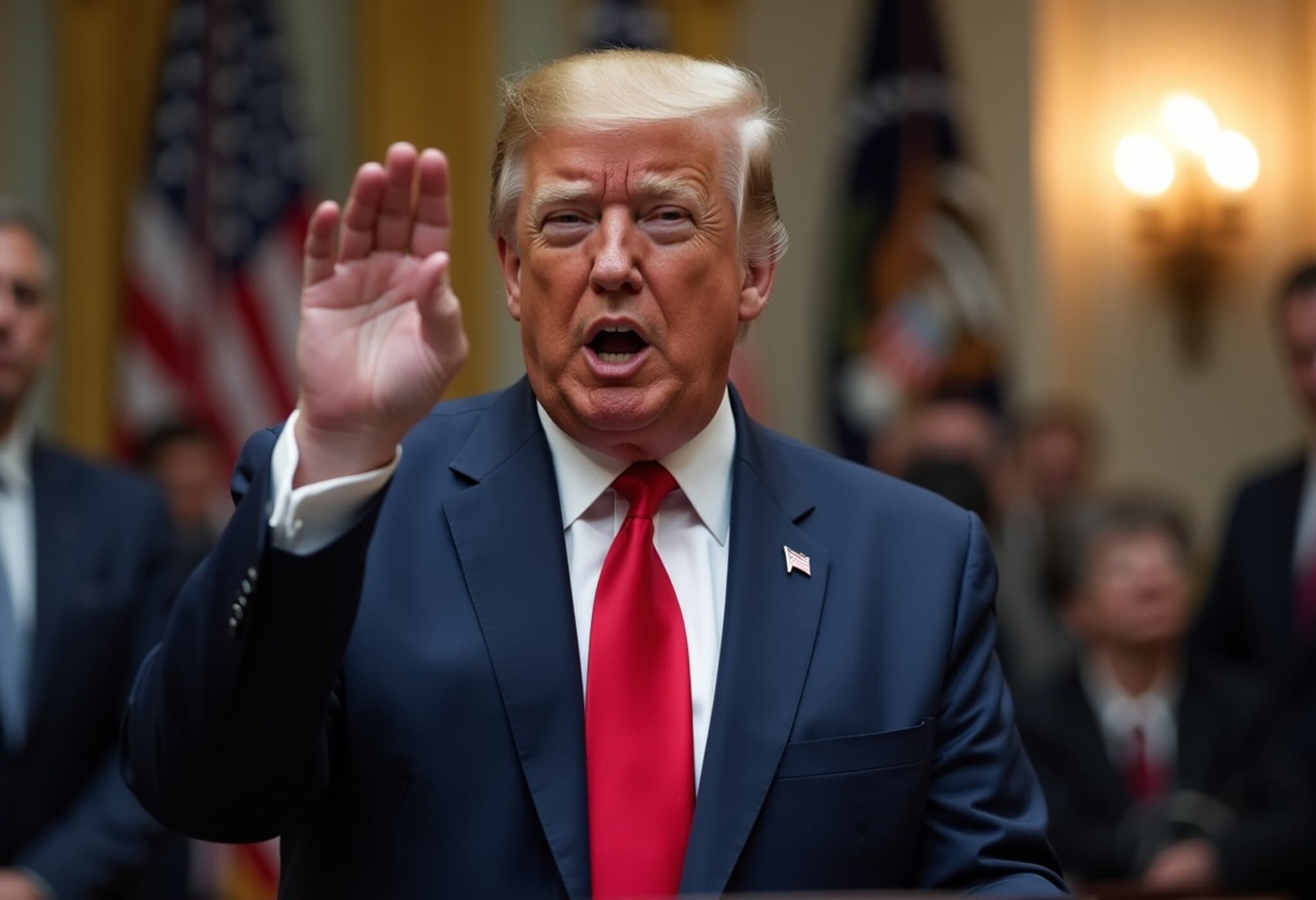Zohran Mamdani Takes Lead in NYC Democratic Mayoral Primary
In a significant political turn, 33-year-old Zohran Mamdani, an Indian-American democratic socialist and New York State Assembly member, has pulled ahead in the New York City Democratic mayoral primary race, prompting former Governor Andrew Cuomo to concede defeat. With over 80% of ballots counted, Mamdani's growing lead signifies a shift in voter sentiment within the city’s Democratic electorate.
Cuomo's Concession and a New Political Chapter
Addressing his supporters, Cuomo acknowledged Mamdani’s victory, remarking, "Tonight is his night," and signaled a period of reflection for his political future. His concession came amid a complex race set to be decided by ranked-choice voting, as neither candidate captured an outright majority initially.
Should Mamdani prevail in the general election, he would mark several historic milestones as New York City’s first Muslim and Indian-American mayor.
The Contenders: A Clash of Experience and Progressive Vision
Andrew Cuomo, aged 67, entered the race attempting a political comeback following his 2021 resignation amidst a sexual harassment scandal. Despite the controversy, he maintained a substantial base owing to his longstanding experience, established name recognition, and formidable fundraising capabilities.
Opposing him, Mamdani energized the progressive wing of the party with a campaign focused on tackling the city’s pressing issues such as the soaring cost of living. His momentum was fueled by key endorsements from prominent progressive figures and a campaign promising transformative policies like free public transportation, free childcare, increased affordable housing, and a higher minimum wage funded by taxing the wealthy.
Primary Race Dynamics and Broader Implications
The outcome of the Democratic primary is poised to signal the broader ideological direction of the party, especially in the context of the current presidential term. Incumbent Mayor Eric Adams, who opted out of the primary and is running as an independent amid corruption claims, remains a wild card in the general election.
Meanwhile, Republican Curtis Sliwa, founder of the Guardian Angels, is set to contest the mayoral race as well. There is speculation that Cuomo might attempt to remain in the race as an independent candidate in November if defeated in the primary.
Campaign Atmosphere: Youthful Enthusiasm Meets Political Experience
Mamdani’s campaign radiated youthful energy, with a dedicated team of volunteers canvassing enthusiastically across neighborhoods. His presence was visible everywhere—from social media buzz to campaign posters and community engagement.
The spirited environment was palpable on election night, with supporters gathering joyfully in Central Brooklyn, reflecting an energized voter base eager for change. Local first-time voters like Amani Kojo expressed excitement about the campaign’s vibrancy and its promise to revitalize city life.
Debate Highlights: Contrasting Leadership Styles
The campaign trail also saw intense exchanges between Cuomo and Mamdani. Cuomo questioned Mamdani’s managerial experience, highlighting his brief tenure in the state Assembly and lack of governance over large bureaucratic operations or infrastructure projects. He also doubted Mamdani's ability to confront political adversaries effectively.
In response, Mamdani drew a stark contrast, referencing Cuomo's resignation in disgrace amid multiple harassment allegations, reinforcing his message of integrity and fresh leadership.
The Road Ahead
This mayoral primary encapsulates a pivotal moment for New York City’s Democratic Party, illustrating an ideological divide between seasoned moderate leadership and progressive grassroots momentum. As the ranked-choice votes are finalized, all eyes remain on who will ultimately lead New York City into its next chapter, navigating political complexities and the demands of its diverse populace.

